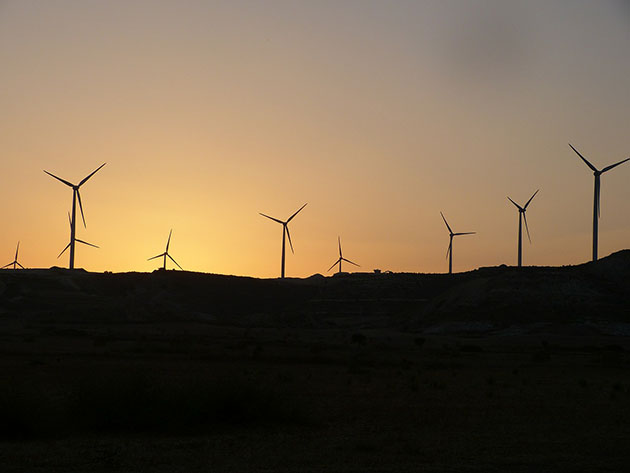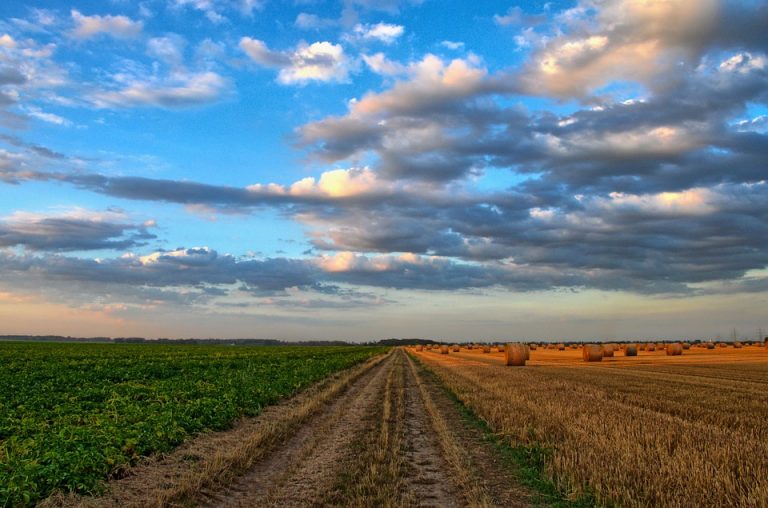
Although much of the mainstream media focuses on the environmental impact of individuals or consumers, businesses have a significant influence on our environment. But it takes more than a pledge to “go green” or a tagline about sustainability.
For business owners who want to reduce their carbon footprint, transportation can make a huge impact. It starts with a thorough examination of the processes for shipping, delivery, and related services.
In total, the U.S. transportation sector—which includes cars, trucks, planes, trains, ships, and freight—produces nearly 30 percent of all U.S. global warming emissions, according to the EPA.
Collectively, cars and trucks account for nearly one-fifth of all U.S. emissions, emitting around 24 pounds of carbon dioxide and other global-warming gases for every gallon of gas. About five pounds comes from the extraction, production, and delivery of the fuel, while most heat-trapping emissions—more than 19 pounds per gallon—comes right out of a car’s tailpipe.
Transportation experts know that routes of different lengths and driven at different velocities can affect fuel consumption. It follows that when businesses burn less fuel, they also generate fewer emissions.
The Right Change to Reduce Left-Hand Turns
Famously, UPS did just that back in 2010. Bob Stoffel, Senior VP of UPS, summed up the company’s strategy to Fortune as, UPS will “stop making left-hand turns.”
While it may sound simple, UPS discovered how small changes can make a huge environmental impact. With their propriety route planning software, UPS now gives their drivers directions that are optimized for more right-hand turns.
That simple change reduced the company’s mileage by 20.4 million miles while delivering 350,000 more packages in 2010. It also diminished CO2 emissions by 20,000 metric tons.
Now these reductions are influenced by speed, load, road condition, and vehicle parameters. But that’s still a significant reduction in emissions as well as the consumption of fuel.
Small Businesses Can Make a Big Difference
UPS is obviously a huge player in the transportation sector. So when a company of that scale makes changes, the impact is correspondingly large. But you don’t have to be a big corporation to get such impressive results. Affordable online route planning is now available to businesses of all sizes.
Shannon Marques has experienced it firsthand. Marques’ business — Mean Green Solutions, Inc., in Orange County, Florida — relies heavily on vehicle transportation.
With a staff of about 40 people, Marques does property safety hazard inspections for government agencies — a process where volume matters. To make it cost effective, Marques had to make sure her employees could finish as many properties as possible in a regular work day.
After a few false starts, Marques discovered an online route planning company called MyRouteOnline, which helped her plan routes that change frequently. Her goal was to improve the tedious and inefficient process of manually creating routes.
“Before our crews were driving 42-84 miles a day. Our first week with MyRouteOnline, they were traveling 18-32 miles per day,” she said.
Her experience with online route planning has changed the way Marques runs her business. And while she’s not logging the mileage that UPS does, she’s making a significant impact in her local community.
Businesses like this one are making strides in reducing the pollution related to health issues in humans, particularly respiratory illnesses in urban environments. The Center for Disease Control has linked high levels of air pollution with health issues in people, especially for those with asthma and other types of lung or heart disease.
By reducing smog, carbon monoxide and particulates in the air, businesses can directly impact the health of their employees and the community at large. Additionally, workers may turn into fewer sick days because of a healthier, more efficient business environment.
There’s another benefit for businesses. Environmentally sound practices strengthen a company’s connection to its community, which can improve its public image, community relations and goodwill.
With a good route planning program, organizations spend less money on fuel, create less air pollution and provide better service to customers. That means route planning can give businesses a competitive edge.
And in today’s global economy, that can make a big difference to your organization’s bottom line and our planet’s health.





Leave a Comment